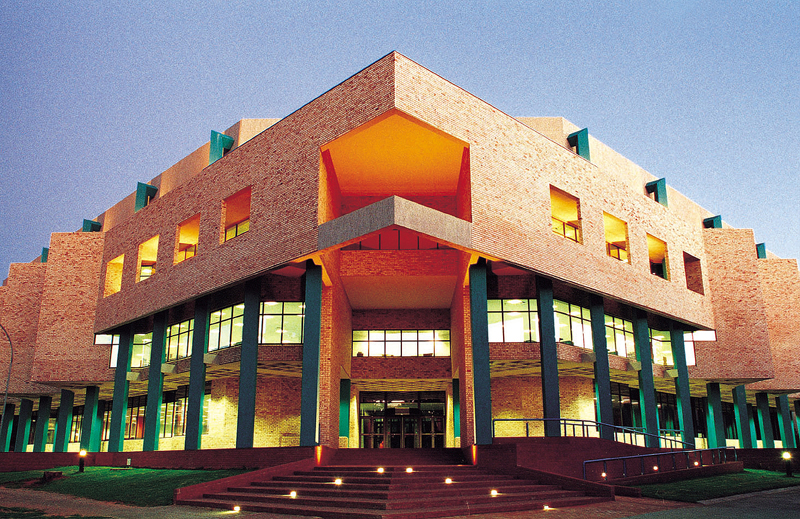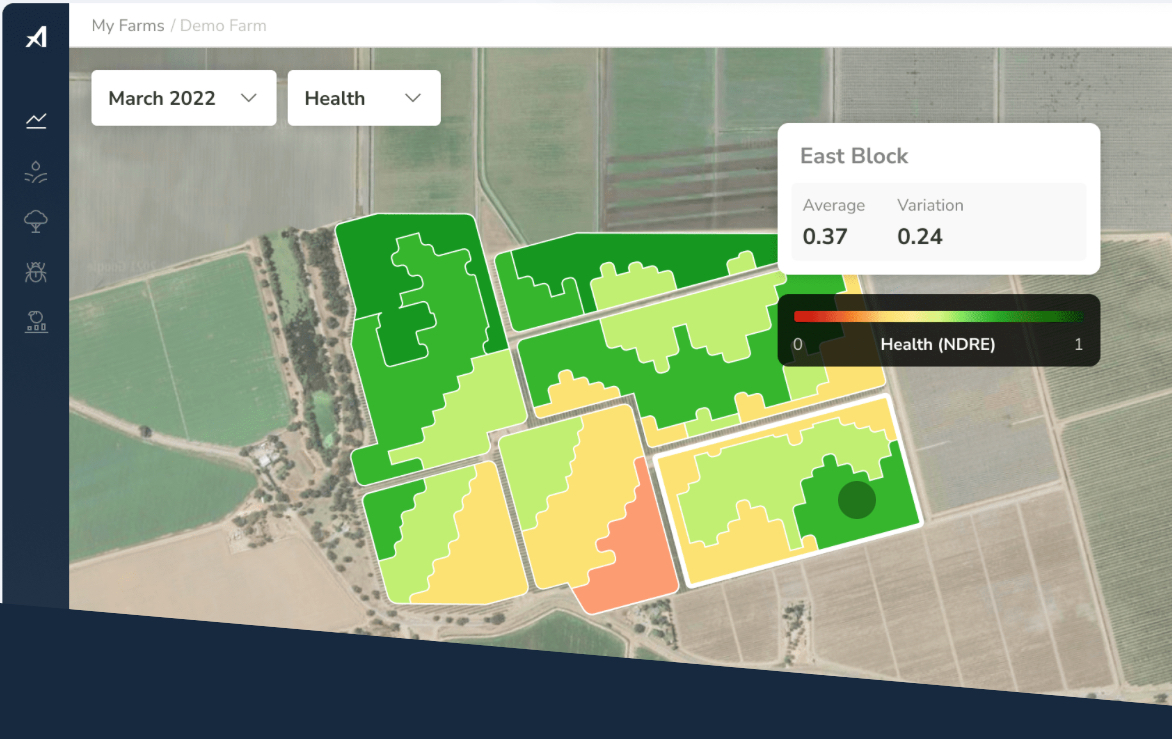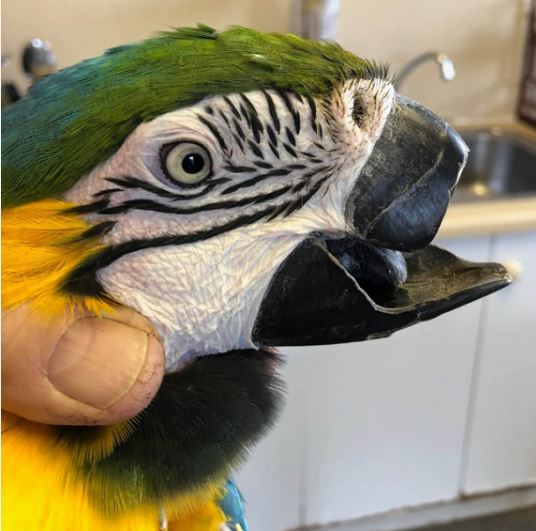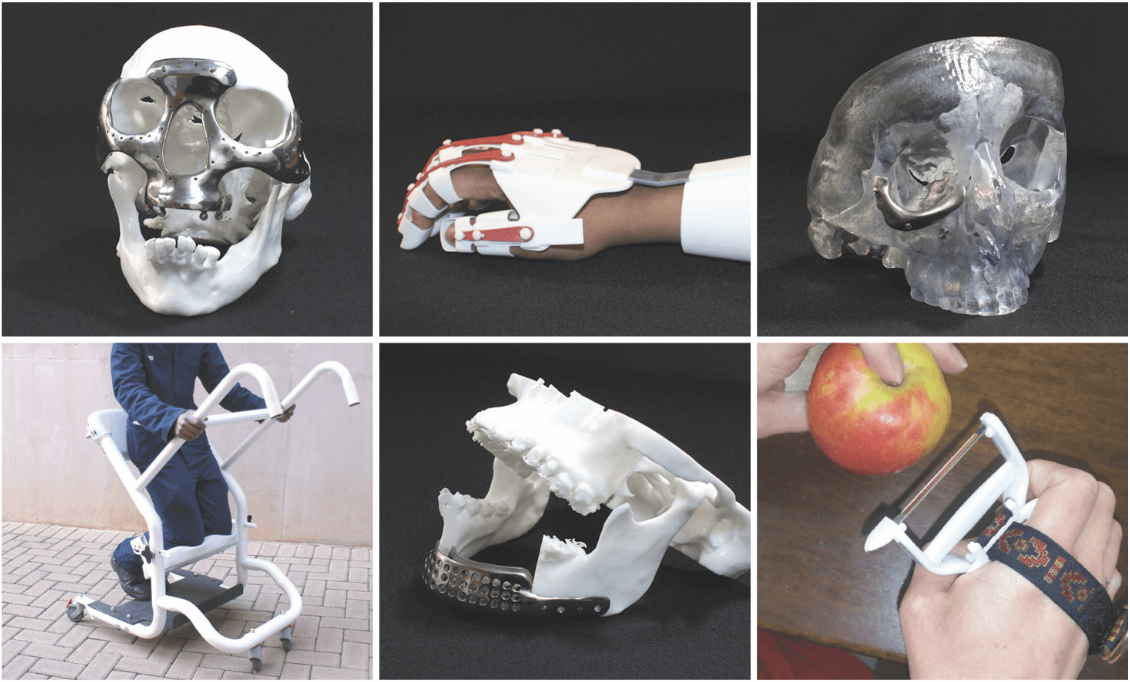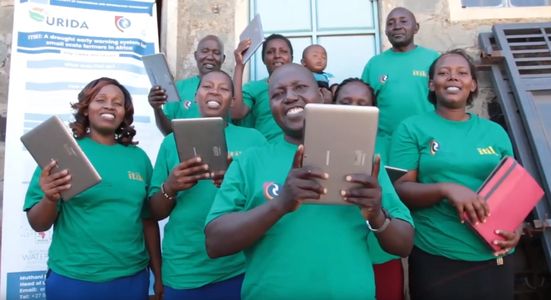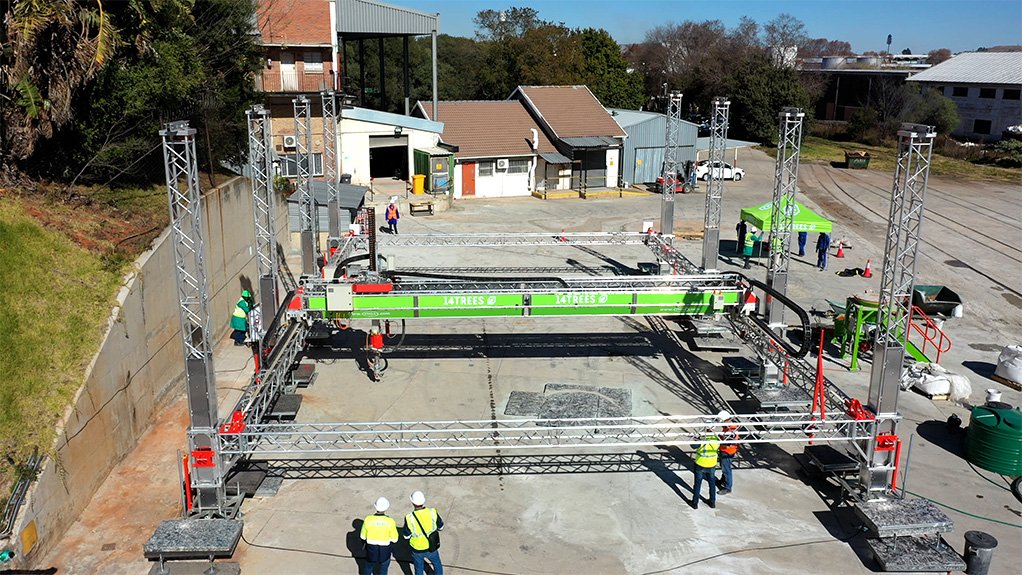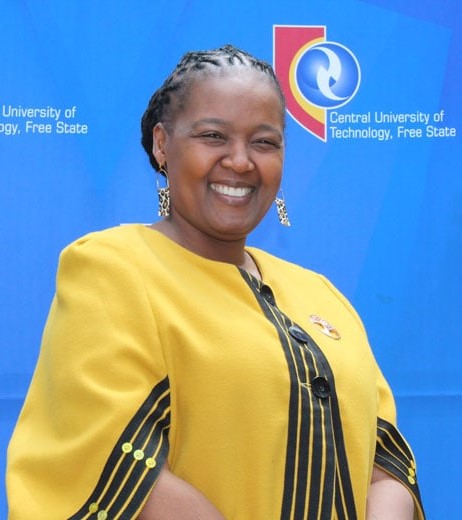The 4 Key Research Centres at the Central University of Technology
The Central University of Technology is home to four research centres, each key to its mission to uplift the lives of South Africans through the application of technology;
- Centre for Rapid Prototyping and Manufacturing
- Centre for Applied Food Sustainability and Biotechnology
- Centre for Sustainable Smart Cities
- Centre for Quality of Health and Living
Introduction: Innovation and Research at the Heart of Central University of Technology
The Central University of Technology (CUT) in South Africa is a prime example of how institutions can drive change and progress through dedicated research and innovation.
CUT is renowned for its outstanding commitment to research, particularly in fields that resonate with modern challenges and technological advancements. This article explores the four key research centres at CUT, each embodying the university’s ethos of pushing the boundaries of knowledge and fostering innovative solutions to real-world problems.
At the heart of CUT’s research excellence are its specialized centres, each advancing South African solutions in their respective domains.
From the cutting-edge work in additive manufacturing at the Centre for Rapid Prototyping and Manufacturing, which positions CUT as a leader in 3D printing applications, to the Centre for Applied Food Sustainability and Biotechnology’s pivotal role in advancing food safety and sustainability.The Centre for Sustainable Smart Cities is redefining urban living through smart technology, while the Centre for Quality of Health and Living is making strides in healthcare research and drug discovery.
These centres not only underscore CUT’s commitment to excellence in research and innovation but also highlight the university’s role as a key player in addressing global challenges through localized solutions.
Key Points
- The Central University of Technology is home to four research centres aligned with the university’s goal of shaping the future through innovation.
- The Central University of Technology is the leading South African university in the application of medical 3D printing driven by the Centre for Rapid Prototyping and Manufacturing.
- Food safety, functional foods and phytopharmaceuticals are studied at the Centre for Applied Food Sustainability and Biotechnology.
- Water, energy, mobility and skills for future cities form the basis for projects at the Centre For Sustainable Smart Cities.
- The Centre for Quality of Health and Living explores drug discovery, tissue engineering and clinical research.
Centre for Rapid Prototyping and Manufacturing

Leveraging state-of-the-art technologies such as 3D printing, digital fabrication, and advanced materials, the CRPM aims to revolutionize how products are designed and built.
The CRPM conducts innovative projects across the additive manufacturing value chain.
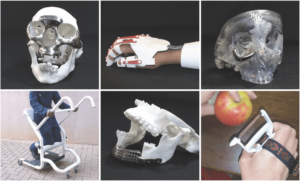
A key focus is on metal 3D printing, as researchers explore how laser and electron beam powder bed technologies can enable rapid prototyping and small-volume production applications with metals like titanium and aluminum alloys. By optimizing build parameters and better understanding metallurgical properties, the CRPM seeks to push the boundaries of what’s possible with additive metal manufacturing.
The CRPM is also applying additive techniques to tooling and composites manufacturing. By 3D printing molds, dies, and custom tools instead of relying on conventional subtractive methods, the centre can help manufacturers achieve faster design iterations, lower costs, and more flexibility. And by leveraging emerging composite 3D printing advances, lighter and higher performance components can be fabricated.
CUT continues to build ties with industry leaders in the aerospace, medical, industrial, and tooling sectors. The insights and capabilities developed at the centre have significant commercialization potential to benefit South African economic development.
The CRPM trains mechanical, mechatronic and industrial engineering students on critical future-facing skills related to digital fabrication and Industry 4.0 innovations.
With its unique expertise and equipment infrastructure focused on the technologies reshaping modern manufacturing, the CRPM at CUT will continue conducting pioneering research while driving the growth of additive manufacturing.
Objectives & Research Areas | Key Projects |
|---|---|
| Additive Manufacturing of Medical Implants and Devices | Medical Device Additive Manufacturing Technology Demonstrator |
| Additive Manufacturing of Aerospace Components | |
| Additive Manufacturing of Advanced Tooling | |
| Additive Manufacturing for Direct End-use |
Centre for Applied Food Sustainability and Biotechnology

The Centre for Applied Food Sustainability and Biotechnology (CAFSaB) at the Central University of Technology (CUT) undertakes critical research to enhance food safety, security, and production systems across South Africa.
As a leading hub for food science expertise and testing capabilities, CAFSaB enables agricultural, government, and commercial partners to develop evidence-based policies, implement new technologies, and translate R&D into impactful solutions.
Key focus areas span building food safety culture across the value chain, creating sustainable functional food ingredients, analyzing antimicrobial resistance, and applying phytopharmaceutical knowledge. CUT researchers within CAFSaB explore indigenous plants and food waste streams for their nutritional and medicinal properties.
Advanced microbial analysis and molecular biology tools identify foodborne hazards and infection risks. The centre also studies vulnerable communities to shape interventions improving nutrition access and diet quality.
By disseminating its findings through conferences, community initiatives, and policy contributions, CAFSaB establishes CUT as a national authority on sustainable food system transformations.
Its testing facilities and training programs additionally support workforce development for the future of food safety and agricultural innovation.
Through its multidisciplinary projects and broad stakeholder collaborations, CAFSaB generates admired research outputs, commercialization of research, and patented technologies in fields spanning health, biotechnology, and environmental sciences.
The centre perfectly aligns with CUT’s commitment to positively impact regional and national development priorities.
Ongoing work by CAFSaB’s team of expert food scientists and technologists will continue providing data-driven solutions for South Africa’s most pressing food system challenges.
| Objectives & Research Areas | Key Projects |
|---|---|
| Food Safety Culture and Sustainability | Responding to and collaborating with business and society via applied projects |
| Phytopharmacology and Indigenous Knowledge Systems | |
| Rural Agricultural Water Quality | |
| Essential and Bioactive Oils |
Centre For Sustainable Smart Cities
 |
The Centre For Sustainable Smart Cities (CSSC) at Central University of Technology undertakes pioneering research and development to create more livable, resilient urban environments. By harnessing emerging technologies like AI, big data, and the Internet of Things, the CSSC provides innovations to improve the quality of life for South Africa’s rising metropolitan populations.
Projects at the CSSC focus on sustainability across water, energy, mobility, infrastructure, and future skills training. Advanced sensor networks, computer vision applications, and predictive analytics platforms are created to optimize resource management while planning healthier, safer smart cities. Specific solutions deal with challenges like drought prediction, renewable energy adoption, efficient transportation, and matching workforce competencies to automated industries.
The CSSC brings together civil engineers, data scientists, architects, and urban designers to collaborate on human-centric, inclusive technological advancements. Living labs and demonstration sites around Bloemfontein provide real-world validation of the CSSC’s smart city concepts. The centre also partners with the private sector and local governments to support technology pilot programs with positive societal impacts.
By researching and developing data-enabled systems tackling the complex needs of South Africa’s growing metropolitan hubs, the CSSC cements CUT as a leader in cultivating sustainable urban innovation. The talented researchers and cross-disciplinary perspectives concentrated within the centre will continue generating forward-looking smart city technologies and training students on digitally-driven solutions for improving urban life. The CSSC provides a collaborative sandbox where advanced technologies are shaped to upgrade the sustainability and resilience of spaces that most South Africans now call home.
| Objectives & Research Areas | Key Projects |
|---|---|
| Energy Security | Energy monitoring of renewable energy systems |
| Water Security | Study of emerging contaminants in the Modder River. |
| Climate Change | Drought prediction |
| Sustainable urban infrastructure | Lean Construction and Sustainability |
Centre for Quality of Health and Living
The Centre for Quality of Health and Living conducts critical research across pharmaceutical science, clinical studies, and medical device innovation to improve public wellbeing. As a premier hub bridging indigenous medicine, biotechnology, and advanced healthcare, the center makes vital contributions advancing medical understanding and access.
Key research areas include discovery from medicinal plants, decellularization of biological tissues, epidemiology of prevalent diseases, medical education, and therapeutic technologies. Researchers analyze bioactive compounds within traditional preparations to transform ethnopharmacology into rigorous evidence-based treatments. Advanced tissue engineering techniques are developed to create biological scaffolds for regenerative medicine applications. Population health studies also quantify disease burdens to shape better prevention and intervention programs.
The centre’s work has powerful impacts in local communities by helping translate traditional healing knowledge into validated therapies while also upskilling healthcare workers on new protocols. Partnerships with clinics, hospitals, and industry propel lab discoveries into scaled delivery advancing quality care.
Ongoing projects and clinical trials promise to leverage genetic, nutritional, and technological breakthroughs to predict, prevent, and treat the continent’s most pressing public health challenges. The centre thus provides a collaborative environment where students, faculty, healthcare partners, policymakers, and biopharmaceutical firms can work towards improving the health and well-being of all South Africans.
| Research Areas | Key Projects |
|---|---|
| Drug Discovery and Medicinal Plants | – Identifying novel antidiabetic and anticancer agents from medicinal plants – Investigating safety and efficacy of medicinal plants |
| Tissue Engineering | – Development of decellularized biological substitutes – Testing if decellularized tissues maintain integrity upon implantation |
| Clinical Research | – Determining cardiovascular disease burden in central South Africa – Using genetics, nutrition and metabolism to predict, prevent and treat chronic metabolic diseases |
| Public Health | – Epidemiological research to better understand local health challenges |
| Bio-Technology | – Exploring nanotechnology innovations for improved drug delivery methods |
| Medical Education | – Simulation tools for health worker training |
| Therapy | – Collaborations with clinics on testing therapeutic technologies |
